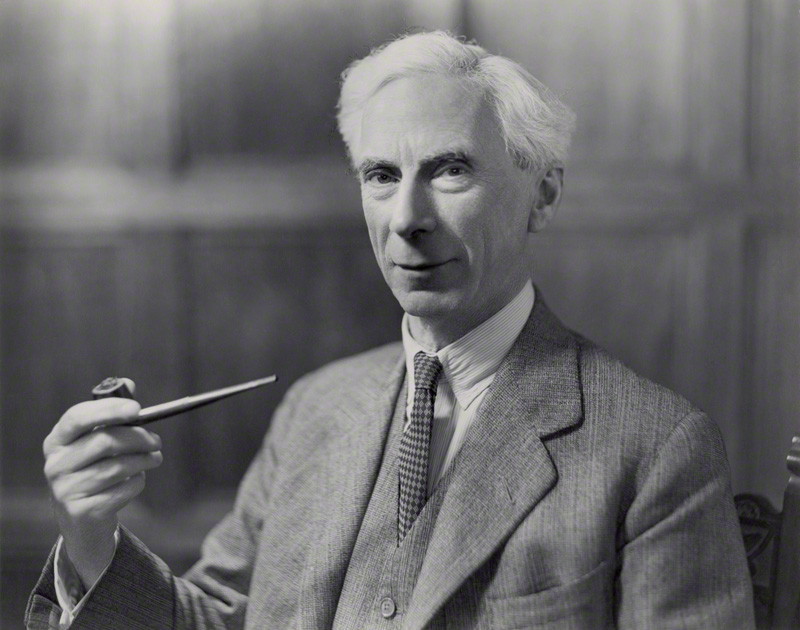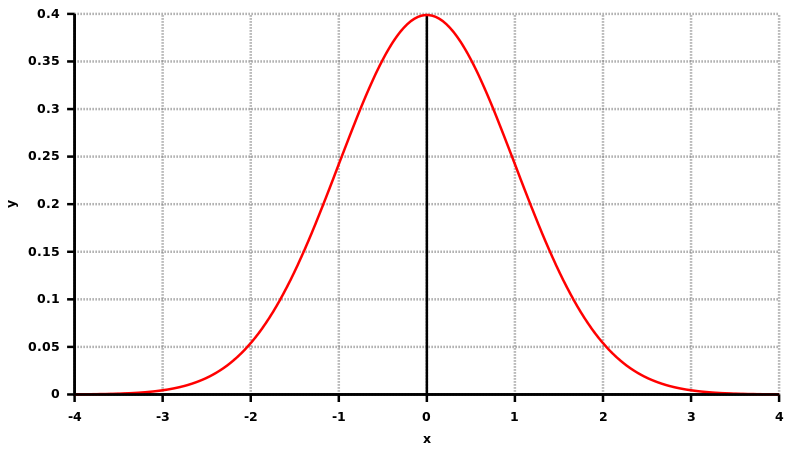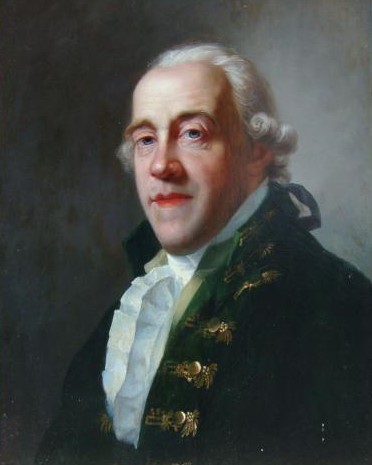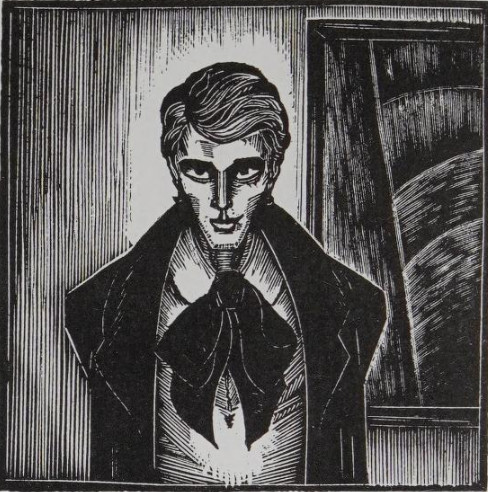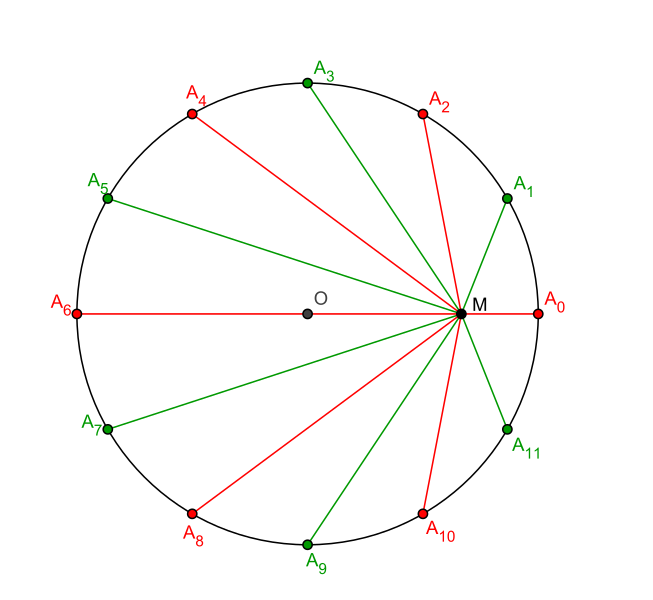If mercy modifies the demands of justice, then to be merciful is perhaps to be unjust. But manifesting injustice is a vice, not a virtue. This seems to mean that mercy is a vice. A sentencing judge has been hired to enforce the rule of law that society has agreed upon. If he tempers this, even through love or compassion, then arguably he’s departing from his sworn obligation. Angelo says in Measure for Measure:
I show [pity] most of all when I show justice,
For then I pity those I do not know,
Which a dismissed offense would after gall,
And do him right that, answering one foul wrong,
Lives not to act another.
(If we try to claim that mercy is a form of justice, so that every act of mercy is just, then we’re saying that one has a right to mercy, that it’s not a gift. That seems wrong too.)
(Jeffrie G. Murphy and Jean Hampton, Forgiveness and Mercy, 1988, via George W. Rainbolt, “Mercy: An Independent, Imperfect Virtue,” American Philosophical Quarterly 27:2 [April 1990], 169-173.)

